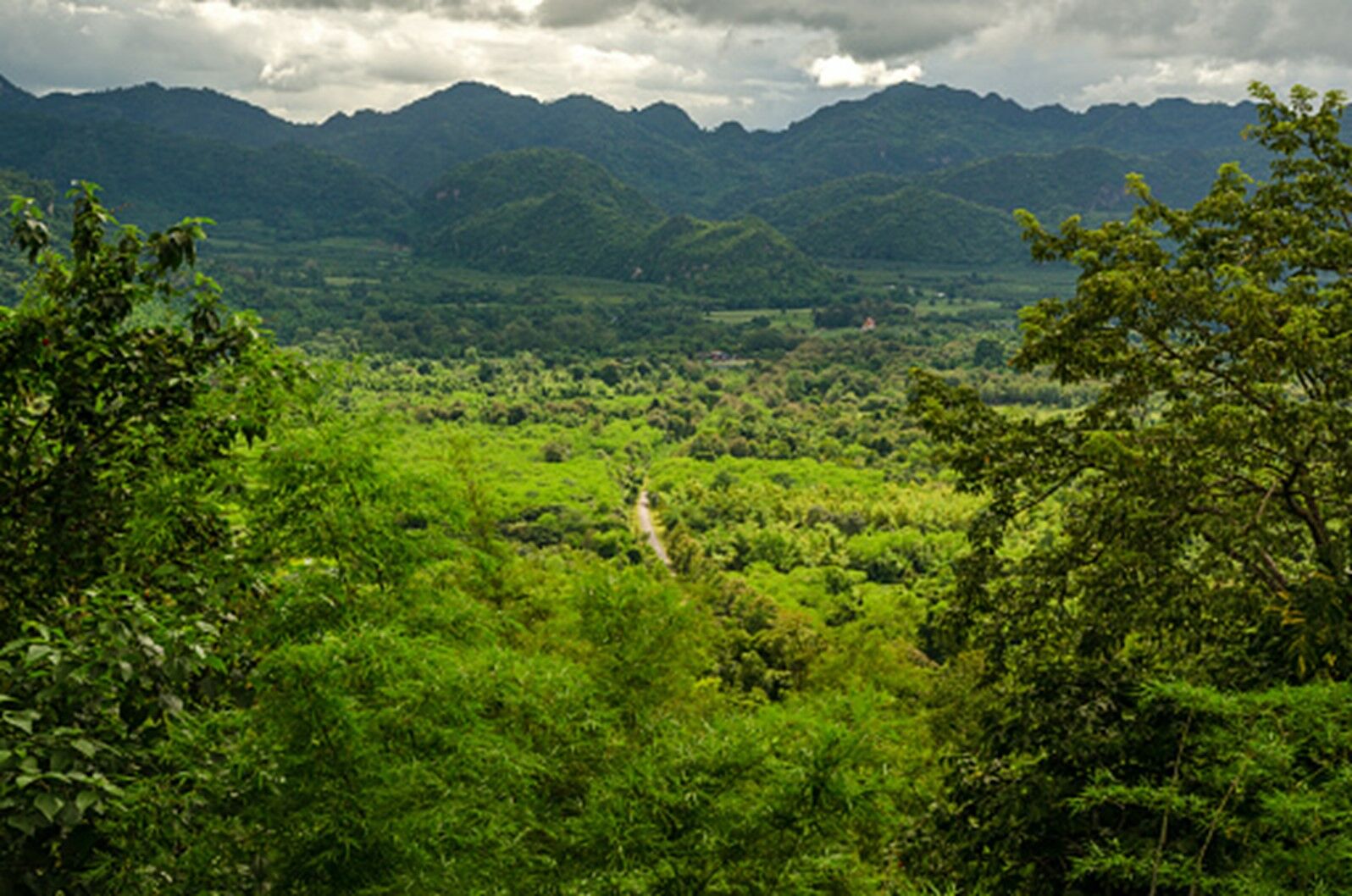Water shortages: Thai govt mulls halting Central Plains rice farming amid anticipated drought

In a bid to counteract the effects of a potential drought, the central government of Thailand is contemplating the suspension of rice cultivation in the Central Plains region. This proposal comes alongside the potential establishment of a command centre to combat reduced rainfall and water shortages.
The Office of the National Water Resources (ONWR) initiated this conversation, citing apprehensions about the forecasted decrease in this year’s nationwide rainfall. Surasri Kidtimonton, the secretary-general of the ONWR, expressed worry that the rainfall for the year has fallen below average, sparking prospects of a more arid rainy season.
He further mentioned that the Central Plains, which is considered the country’s primary rice-farming area, may be the most affected. With predictions indicating a whopping 40% decline in accumulated precipitation this rainy season, the region may be hard-hit with large-scale water shortages.
Current water levels in the country’s four principal dams – Bhumibol in Tak, Sirikit in Uttaradit, Kwae Noi Bamrung Dan in Phitsanulok and Pasak Jolasid in Lop Buri – have plummeted, holding only 9,617 million cubic metres of water, which serves as 39% of their total storage capacity. Worryingly, only 2,921 million cubic metres of the available is deemed useable at the moment, signifying considerable water shortages in the region. Surasri said…
“What’s worrying is the El Nino phenomenon may extend right through to 2025. We have to plan nationwide water management prudently.”
The Central Plains region, due to its extensive involvement in rice farming, utilises a significant amount of water. Against this backdrop, rice cultivation has been carried out on more than 11 million rai. In light of the looming water shortages, farmers who are yet to start planting are being advised to either postpone their plans or switch to drought-resistant plant options.
Simultaneously, a committee dedicated to overseeing water allocation in the region’s river basins is in the process of quantifying the water’s availability. The committee is prioritising water usage, with the priority being household consumption, followed by water diversion to maintain natural ecosystems to mitigate the levels of water shortages.
Given the growing threat of water shortages, the committee is exploring the feasibility of suspending rice farming. It has been highlighted that the measures in place presently are inadequate to tackle the challenge at hand, reported Bangkok Post.
The subsequent step may involve a directive from Prime Minister Prayut Chan-o-cha, in his role as the Chairman of the National Water Resources Committee, for the creation of a water-crisis command centre.
Surasri explained that should it become necessary, the ONWR would call upon the committee to order an extended suspension of rice farming in regions severely affected by the water shortages. Following this, they would seek the cabinet’s approval to allow emergency response organisations such as the Interior Ministry and the military to assist in areas struck by floods.
Offering a final piece of advice, the secretary-general said…
“It’s crucial that people use water sparingly.”
Latest Thailand News
Follow The Thaiger on Google News:


























